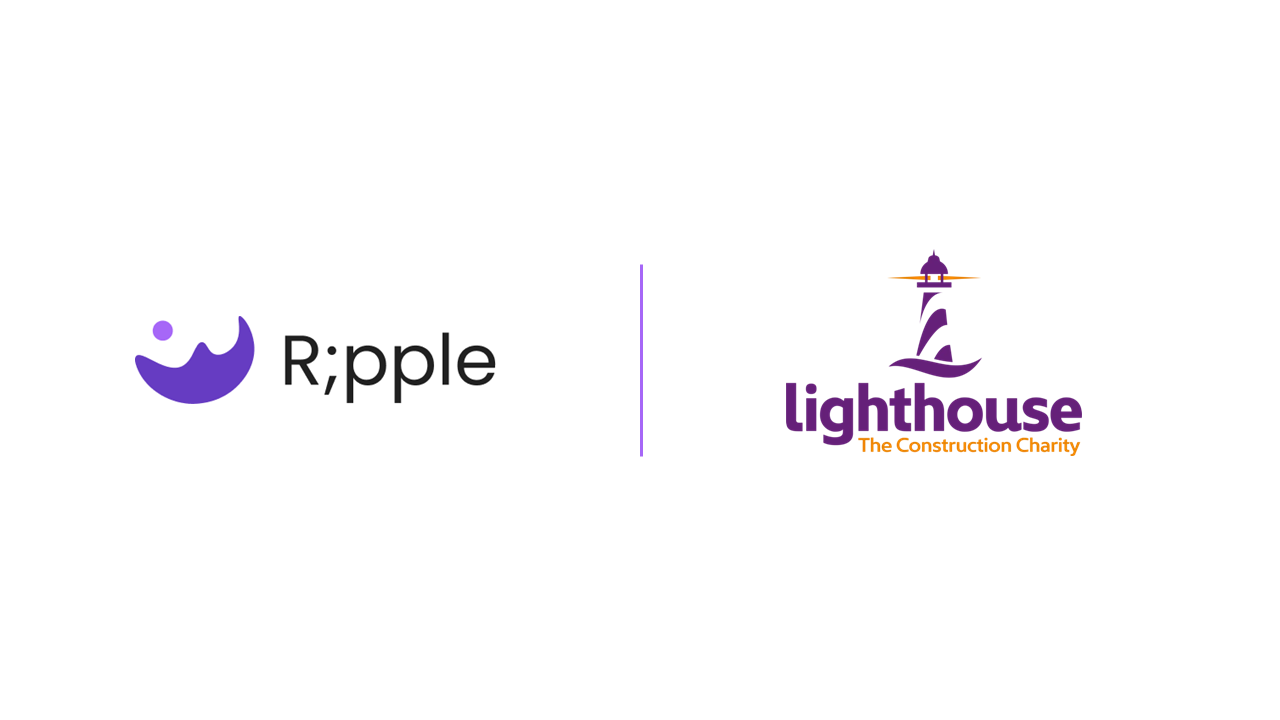
Ripple Suicide Prevention is proud to announce its digital crisis intervention tool has extended its protection to YouTube, safeguarding individuals searching for self-harm or suicide-related video content on the platform's web version.
Why it Matters
With over 2.5 billion active monthly users [1], and more than 1 billion hours of video watched on the platform daily, YouTube ranks as the second largest search engine and the second most popular social media globally [2, 3]. Its vast user base and extensive content library have made YouTube a hotspot for both helpful and harmful content. Videos that glorify or detail self-harm and suicidal ideation can be found on the platform, posing severe risks to vulnerable individuals.
Videos related to suicide or self-harm are concerning, because such behaviors might become normalised, reinforced, or disinhibited when the message is presented with visual effects [4]. The inclusion of visual material in a message facilitates longer memory retention, a greater likelihood of reacting to a call to action presented in the message and increased online engagement [4].
YouTube Limitations
Despite YouTube's efforts to restrict both the presence of harmful content on the platform and the access to it, there is still a long way to go to.
Like other search engines, YouTube fails to effectively address 'hidden' or encrypted search terms related to self-harm and suicide, leaving many harmful searches without intervention and support.
A recent study by Ofcom [5] revealed that people are six times more likely to find harmful content about self-injury when entering deliberately obscured search terms, a common practice among online communities. The specific and evolving nature of these terms pose significant detection challenges, as algorithms aim to provide relevant results, but lack safe and accurate information to fill these gaps.
In contrast, Ripple incorporates an extensive, research and intelligence-led collection of harmful search terms and phrases. It works collaboratively with an advisory board possessing lived experience, fellow suicide prevention charities, and government organisations nationwide, ensuring the tool evolves to address emerging threats relating to self-harm and suicide. Furthermore, Ripple enables users and researchers to propose new search terms related to suicide and self-harm that currently do not activate the tool.
YouTube's crisis resource panel, activated by harmful searches, lacks essential elements necessary for effective intervention. The panel offers a single support option - a helpline telephone number, thus failing to resonate with those who feel uncomfortable talking on the phone but would seek help via text message or webchat.
Users are not provided with mental health resources for ongoing support, which limits the potential for the intervention to drive a lasting positive impact. Elements statistically proven to have a soothing effect and help individuals pause and reflect (incl. breathing exercises, comforting colours, and imagery) are also missing.
Ripple’s Commitment to Online Safety
Recognising these critical gaps, Ripple has enhanced its tool to support YouTube searches and now provides immediate intervention for individuals looking for harmful content on the platform's web version.
Relevant search terms, lived experience, ongoing updates, various support options, breathing exercises — along with appropriate colours, shapes, and imagery — all come together, helping those in despair find a path to hope and life.
“This is another milestone for Ripple Suicide Prevention in our ongoing efforts to make the internet safer for everyone and to fill critical gaps in existing safeguarding mechanisms. There is still much to be done, and we will continue to hold tech companies accountable for how they operate online, seek collaboration to enhance user safety, and advocate for change at the highest levels.”
- Alice Hendy MBE, CEO and Founder, Ripple Suicide Prevention Charity
Ripple's protection for YouTube has been automatically activated for all users of the Ripple Wi-Fi Solution and the Ripple Browser Extension for Google Chrome, Microsoft Edge and Mozilla Firefox. Safari and Opera updates will follow soon, as well as other significant enhancements to the tool.
Our Sponsors and Supporters

















